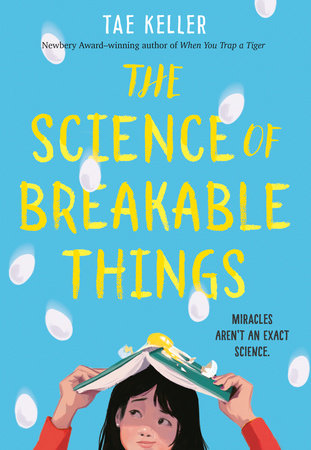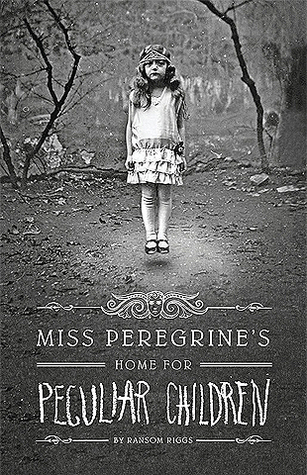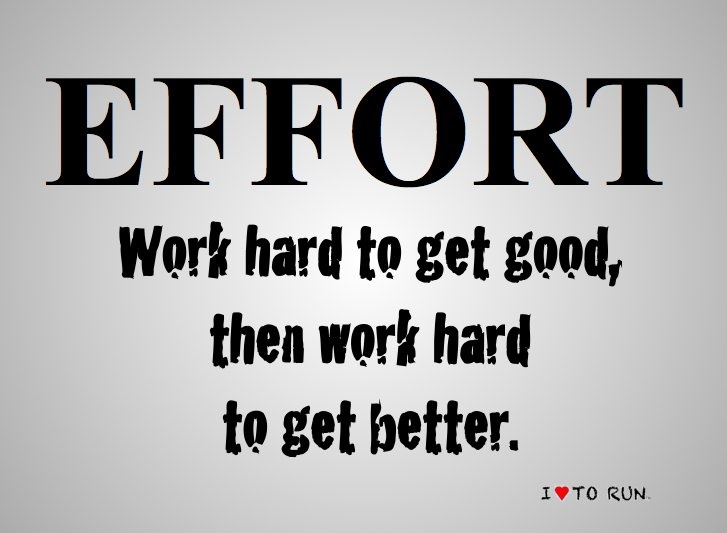community
noun
noun: community; plural noun: communities
-a feeling of fellowship with others, as a result of sharing common attitudes, interests, and goals.
source: Google search ‘community’ https://www.google.com/search?q=community+definition&rlz=1C1TSNF_enUS605US605&oq=community&aqs=chrome.3.69i57j0l5.5317j0j8&sourceid=chrome&ie=UTF-8
The kidlit world is a community! Whether it is through a local writing group, critique partners, social media, classes, blogs, or SCBWI and other organizations, the sense of togetherness and purpose is palpable.
As I establish my online media presence, I have had the opportunity to connect with some upstanding writers, authors, and agents.
I believe supporting others in my tribe to be important and relevant to the goals of kidlit. Today, I would like to highlight the talented and creative Tori DeLeon known for her #kidlitprompts and illustrations. She created a web page banner for my story Sylvia & CABot.
Here it is:
 It is adorable, right? I think so.
It is adorable, right? I think so.
So that her talent can be highlighted further, here is my pitch for this story so that you can see her ability to capture my WIP.
Matilda + Big Hero 6 + Walle + Frankenstein
When Sylvia’s family is too busy to help her build a blanket fort again, she gets “friggly” and takes matters into her own hands. She utilizes her pint-sized engineering skills: brainstorming, sketching, measuring, and drafting to create the perfect invention! She brings CABot, her Customized Assisting Robot, to life. CABot becomes her fort building solution—making her favorite pastime a reality, but Sylvia soon finds out that CABot can help her build more than just a fort.
Give Tori a shout out and peruse her website by visiting https://torideleon.com/ and http://torideleon.com/kidlitprompts
Follow your dreams! Don’t give up! It takes a community to make a difference. Be part of that difference.











